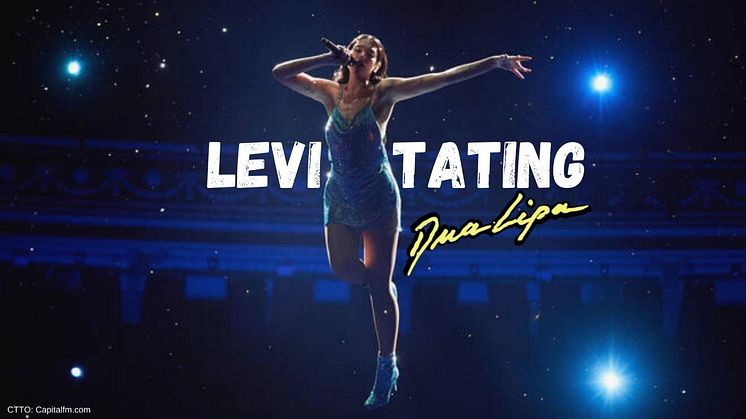
News -
Workout video company hit by music rights lawsuit
Peloton, which offers spinning classes via streaming video, has been hit by a US$150 million lawsuit for using music without permission.
The company offers workout videos that are broadcast to its stationary bikes and treadmills, usually accompanied by a playlist of songs to guide the workout.
The lawsuit alleges that "music is at the center" of the Peloton experience.
Peloton publishes the music playlists for some of its archived videos and offers its customers the ability to select workout classes based on the type of music they want to hear, allowing them to choose a class based around music genres such as classic rock, contemporary pop, electronic, hip hop or country, among other genres.
The lawsuit, brought by 10 music publishers, alleges that Peloton is offering thousands of unlicensed songs from popular musicians such as Ed Sheeran, Lady Gaga, Rihanna, Drake, Bruno Mars and Ariana Grande.
The lawsuit says Peloton has some licenses in place with other labels and publishers, but not with the music publishers named in this suit. It alleges that Peloton has used more than 1,000 musical works owned by the music publishers, more than a few years in the videos that it makes available to its hundreds of thousands of customers without a synchronization license.
In one instance, the company allegedly obtained a license for a limited time but then let that license expire, while continuing to use one of the music publishers' copyrighted works.
"Instead of recognizing the integral role of songwriters to its company, Peloton has built its business by using their work without their permission or fair compensation for years,” David Israelite, CEO of National Music Publishers Association, one of the music publishers filing the lawsuit, said in a statement.
Israelite also said: “It is frankly unimaginable that a company of this size and sophistication would think it could exploit music in this way without the proper licenses for this long, and we look forward to getting music creators what they deserve.”
Peloton recently raised US$550 million in funding at a valuation of US$4 billion last year.
Music licensing is in the news recently as music streaming service Spotify went ahead with its February launch in India despite Warner Music Group’s request to the courts for an injunction to prevent the streaming service from taking a statutory license for its publishing catalogue.
A statutory license in India refers to a law that allows compulsory licensing of copyrighted works for broadcasters. But Warner has argued that Spotify is not a broadcaster, but an online streaming service, and that the latter is using an expanded interpretation of the law to gain access to Warner's catalogue.
Spotify has since added one million new unique listeners in less than a week after its launch.
Related links
- Peloton Is Being Sued by Music Publishers for $150 Million
- Peloton Complaint
- Peloton hit with $150 million music licensing suit
- Peloton raises $550M at a valuation of $4 billion
- The fight over launching Spotify in India is about to get messy
- Spotify adds 10 lakh unique listeners in India in less than a week

